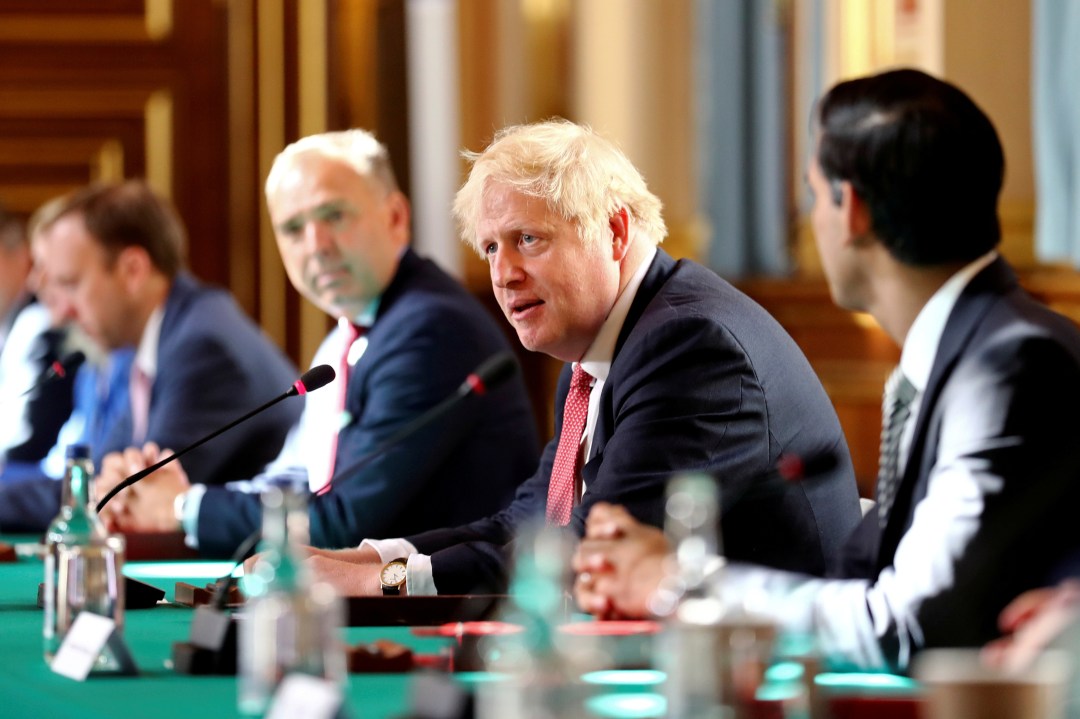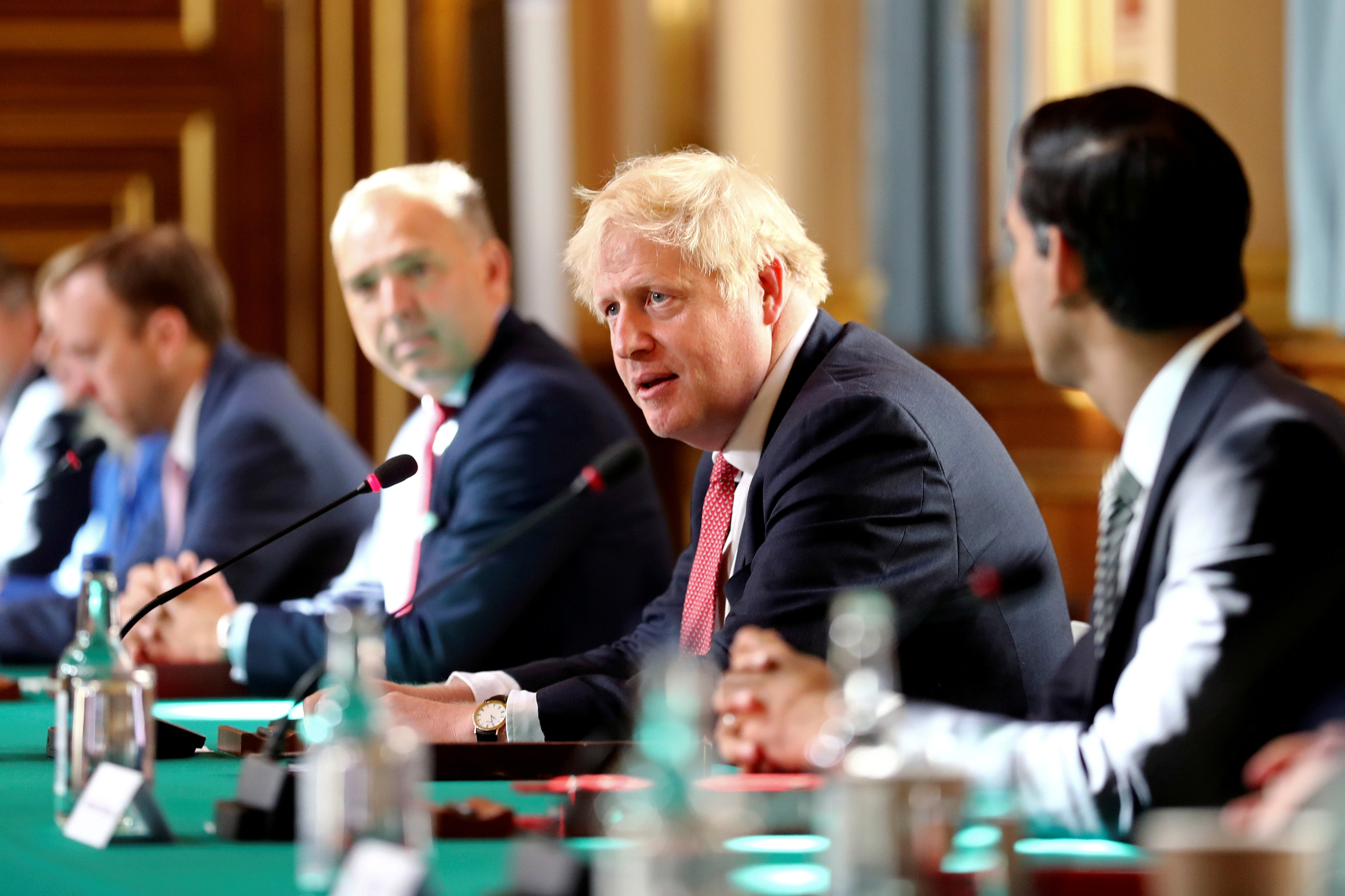Labour’s Liz Kendall is today calling for the government to treat social care in the same way as it treats physical infrastructure. In a speech this afternoon, the shadow care minister said that ‘in the century of ageing, social care is as much a part of our economic infrastructure as the roads and the railways’. This is quite a challenging analogy, as the state of the social care sector would make even the most outdated and crumbling parts of the northern rail network look pretty luxurious and well-appointed.
Kendall is also speaking as a battle rages within government over whether social care reform will make it into the Queen’s Speech. James reported in his Times column last week that there was a debate about whether a plan should be included, largely because ministers still haven’t decided what that plan would involve.
Boris Johnson is insistent that his manifesto commitment to reform social care must be honoured
At the heart of the stand-off is the Prime Minister and his Chancellor Rishi Sunak. Boris Johnson is insistent that his manifesto commitment to reform social care must be honoured. Sunak thinks this very expensive and politically fraught issue might be one to defer again and for the government to take the hit in the same way as it has done with its cut to the international aid budget. The reforms were supposed to have been announced in last year’s comprehensive spending review, but were delayed, and now the question is whether they’ll be delayed again.
Sunak has not had much contact with the Health department in his political career thus far, and tends to rely on the experience of his colleague Steve Barclay, who is chief secretary to the Treasury and a former health minister. Barclay formed a certain impression of how the NHS works when he was in the department, and colleagues say that this impression was largely one of a service that only asks for more money and doesn’t make the necessary efficiencies. He is therefore highly unlikely to be encouraging his boss to go for social care reform.
Then of course there’s Matt Hancock, who did develop his own plan for social care but who is also showing little evidence of spending his political capital trying to push his seniors into agreeing on any plan at all. His own department, meanwhile, has been trying to persuade anyone who will listen that the best thing to do is to reintroduce the Dilnot reforms that failed under the Cameron government. Those reforms would have capped the overall individual contributions to the cost of care at £35,000 (later £75,000) and raise the means test threshold for state funded care. One figure close to the debate about the reform says: ‘Dilnot is already on the statute book, so it would be easy to just get on with but the delay shows that it’s being resisted.’
It may of course be that social care does make it into the Queen’s Speech, but only in the form of a promise for plans to be ‘brought forward’. That’s enough for some campaigners, who say that at least it means the government will have more impetus to work on something. But anyone who has been close to this debate over the past few decades is also very wary of another sentence that could easily crop up: ‘cross-party consensus’. This phrase is now little more than a delaying tactic as it has repeatedly proved impossible to get the main parties to reach a consensus on the roles of the state and of private wealth in reforming the sector. Everyone knows this, and so any commitment to talks is merely a way of appearing to do something while delaying for at least another 18 months. Besides, Johnson has a majority – he should use it.
One interesting idea that has been punted to No. 10 is for the PM to make use of that majority in a more sophisticated way than just requiring his backbenchers to troop through the lobbies. Totnes MP Anthony Mangnall recently sent a submission to the Prime Minister’s political secretary Ben Gascoigne suggesting that Johnson ask all his backbenchers to write their own report on what they think could be the solution to the social care crisis. This would have the virtue of keeping MPs busy, for one thing, which is always useful when you have a big majority and not enough government roles to promote everyone into. But it would also get them focused on the need for and importance of reform, as well as bring in new (as well as a number of highly useless, in fairness) ideas.
Many senior Tories don’t want this administration to join the lengthy list of governments that have failed to reform social care. But something needs to change if they are to stop that from happening.








Comments